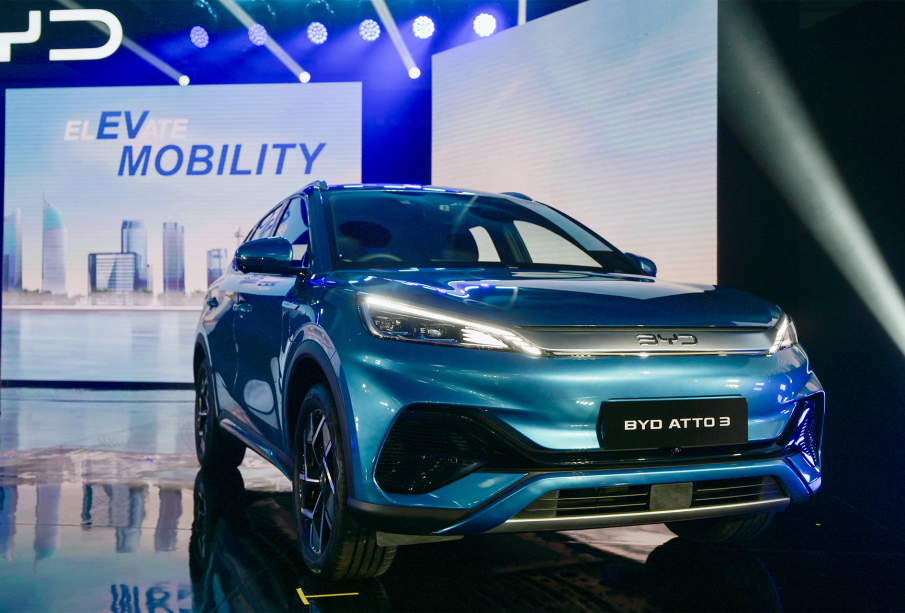The Surge of Chinese Electric Cars in Canada

Introduction
The electric vehicle (EV) market in Canada is evolving rapidly, and a key player in this transformation is the influx of Chinese electric cars. With a global emphasis on sustainability and reducing carbon footprints, electric vehicles are becoming more integral to transportation solutions. China’s growing automotive industry, especially in electric vehicles, is now making significant inroads into the Canadian market, highlighting both opportunities and challenges for local manufacturers and consumers alike.
Main Body
In recent years, several Chinese automotive companies have announced plans to enter the Canadian market. Brands like BYD, NIO, and Geely are poised to introduce a range of electric cars that promise not just affordability but also advanced technology and impressive performance. Reports indicate that BYD’s popular electric bus and truck models have already begun operations in Canadian cities, paving the way for passenger vehicles.
China is the world’s largest market for electric vehicles, with sales soaring thanks to favorable government policies, a robust supply chain, and increasing consumer acceptance. The country produced approximately 3.4 million electric vehicles in 2022, and industry projections suggest continued growth. As Canadian consumers become more environmentally conscious, the demand for electric vehicles is expected to rise, creating a thriving market for Chinese brands.
Furthermore, the Canadian government’s commitment to achieving net-zero emissions by 2050 complements the timing of this expansion. Initiatives such as incentives for EV purchases and investment in charging infrastructure are conducive to the growth of electric vehicles. However, this influx of Chinese electric cars does raise concerns about local competition. Canadian manufacturers, including industry giants like Ford and GM, are ramping up their electric offerings in response, trying to keep pace with the foreign competition.
Conclusion
As the market for electric vehicles continues to expand, the presence of Chinese electric cars in Canada is significant not only for the automotive landscape but for the environment as well. With a growing acceptance of electric vehicles and government support, Canadian consumers are likely to benefit from more choices and competitive pricing. The future appears promising, as collaborations and partnerships may arise between Canadian and Chinese firms to bring innovation to the EV market. It remains to be seen how local producers will adapt to this evolving landscape, but the trend indicates a compelling shift towards a more sustainable automotive future.









